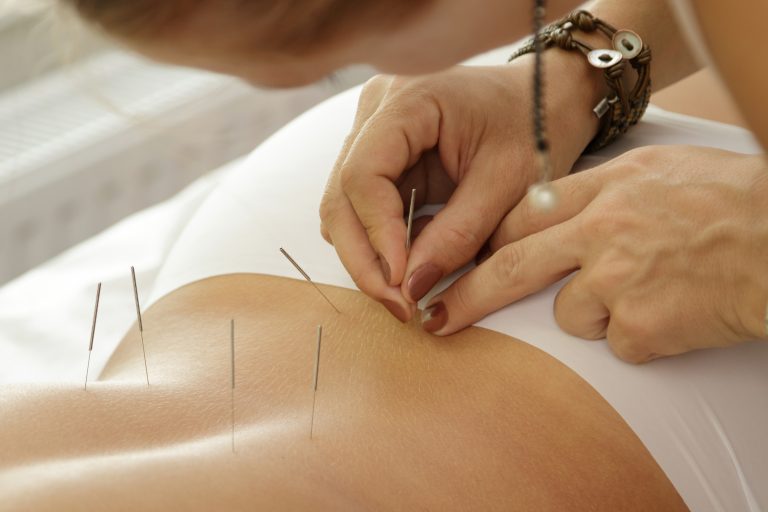Staying hydrated is more than just drinking enough water
Proper hydration is essential for maintaining cellular health and overall well-being. Every cell in your body relies on water to function optimally. Water acts as a solvent, facilitating biochemical reactions, and as a means of transporting nutrients and waste products. But hydration isn’t just about drinking water; it involves a delicate balance of daily fluid intake and electrolytes.
Electrolytes are minerals in your blood and other body fluids that carry an electric charge. Key electrolytes include sodium, potassium, calcium, magnesium, chloride, and bicarbonate. They play vital roles in many physiological functions, such as regulating nerve and muscle function, hydrating the body, balancing blood acidity and pressure, and rebuilding damaged tissues.
The human body is composed of around 60% water, distributed between the intracellular (inside cells) and extracellular (outside cells) compartments. Maintaining this distribution is crucial for cellular function. Electrolytes are key players in this balance, ensuring that water moves in and out of cells as needed. Sodium, found mainly outside cells, and potassium, found inside, are particularly important. Their precise balance is essential for proper nerve and muscle function.
When you don’t drink enough water, your cells struggle to perform their basic functions. Dehydration can cause headaches, fatigue, and impaired cognitive function. In severe cases, it can lead to serious health issues like kidney stones and urinary tract infections. On the flip side, drinking excessive amounts of water can dilute the electrolytes in your blood, leading to imbalances that can also be harmful.
Hydration affects cellular health in several ways. Firstly, it helps maintain cell structure. Water provides the medium for biochemical reactions within cells. It also helps transport nutrients to cells and remove waste products. Without adequate daily water intake, cells can’t perform these essential tasks efficiently. This can lead to a decline in overall health and energy levels.

Electrolytes are crucial in maintaining fluid balance. They help the body retain the right amount of water in the correct places. For instance, sodium and chloride help maintain fluid balance in the extracellular space, while potassium helps manage fluid within cells. When you sweat, you lose water and electrolytes. Replenishing both by drinking fluids is essential for maintaining balance.
Moreover, electrolytes are integral to nerve and muscle function. They generate and conduct electrical impulses in the body. For muscles to contract and for nerves to send signals, a precise electrolyte balance is necessary. An imbalance can lead to muscle cramps, spasms, and even cardiac issues.
To ensure optimal hydration and electrolyte balance, it’s important to consume a balanced diet rich in fruits and vegetables. Foods like bananas, oranges, spinach, and sweet potatoes are excellent sources of electrolytes. Additionally, drinking enough water throughout the day, especially during and after exercise, helps maintain the necessary fluid balance.

At Adaptive Healing Medicine, we understand the importance of maintaining proper hydration and electrolyte balance as part of overall wellness.
Our holistic approach considers all aspects of your health, including nutrition and lifestyle, to help you achieve optimal well-being. For personalized guidance, consider scheduling a consultation with one of our practitioners.


